Can You Afford to Buy A House?
To help you understand and realize if you can really afford to buy a house, here are some guidelines to ponder:
1. Annual income: Whether you are alone or you have a partner whose planning to buy a house, it is important to have a breakdown of your income which usually includes the basic salary, bonuses, overtimes, and income that is coming from investments. Knowing your annual income will determine how much you can afford in the future.
2. Monthly debt: You also need to calculate your monthly debt because you will need it to determine your debt to income ratio which is a very important factor in getting a mortgage. Monthly debt usually includes car payments, credit card payments, house payments, personal loan payments, or student loan payments.
3. Debt to income ratio: This is used by banks or lenders to determine the financial status of the barrower. Calculating the debt to income ratio is very easy as long as you have your income and debt figures ready. It is advisable to follow the monthly (income and debt) figures. So let us say for example that you have an income or $10,000 a month, and then your total monthly debt is $4000. You just have to divide your total monthly debt ($4000) by your monthly income ($10,000) which will give a ratio of 40%. When it comes to mortgage, lenders usually have two kinds for debt to income ratio which is known as front and back ratio. The front ratio is your debt to income ratio that comprises all housing payments while the back ratio is your debt to income ratio without housing payments. Higher chance of considerations will be given to those who have a front debt to income ratio of 36% or less and a back debt to income ratio of 28% or less. Bear in mind that the debt to income ratio is not only the sole factor than lenders consider; however, knowing the ratio can help you see the big picture or how well you do financially.
4. Down Payment: A reasonable home down payment has been quite a hot issue in the Congress. Recently, a minimum of 5% is quite reasonable. However, you have to understand that the amount of your down payment can determine the amount of mortgage you can afford. When deciding how much down payment you are willing to pay, consider other expenses including closing costs you will encounter in the future.
5. Closing Costs: Never overlooked closing costs because you might end up frustrated to know how much money you have spent over it. Here are some examples of closing costs to take note:
- Home inspection charges – To protect you from underlying issues, home inspection is a must.
- Appraisal Fee – Appraisal determines the property lending value for mortgage reasons.
- Paper works – It includes fees on deeds, titles, and land transfers.
6. Taxes and Insurances: Both lender and borrower have their designated insurances. We have what we call Hazard insurance to provide damage protection on the property; Private Mortgage insurance which is required for borrowers who paid less 20% down payment. Then, we have income and property taxes to take note too.
Josh writes for Scott Maizlish’s Park City Realtor Blog. Visit their website for Canyons Real Estate news and updates. Or check them out at Scott Maizlish Park City Realtor’s Google + Page.








